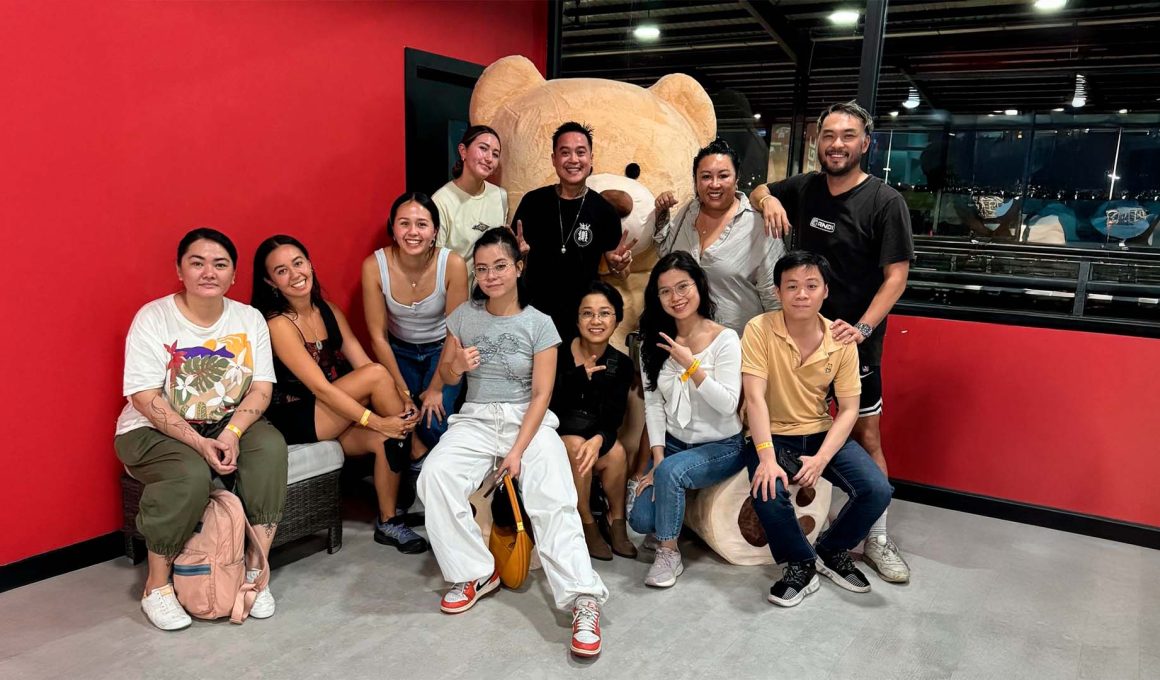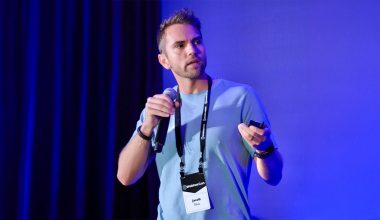Mentoring companies in developing markets requires more than business acumen. It demands cultural intelligence, authentic relationship building, and the resilience to navigate complex environments where traditional Western approaches often fall short. Tanya Johnston has spent over a decade mastering these skills across Asia, turning challenges into opportunities for growth in rapidly evolving economies.
Mentoring Across Cultures
For many business leaders, expanding into developing markets feels like stepping into uncharted territory. Cultural barriers, different business practices, and unfamiliar regulatory environments can overwhelm even experienced entrepreneurs. However, some individuals thrive in these complex landscapes, using their unique perspectives to bridge gaps between global practices and local realities. Tanya’s journey began at 23 when she traveled to China to work on a horizontal drilling project. This early international experience set the foundation for a career that would span multiple continents and industries. After returning to Australia, she worked with one of the first female politicians, securing a 17 million dollar grant to rewrite maritime policies. “From there, I was poached by Nielsen, which is a market research company in Vietnam, to go and work in Vietnam,” she explains.
Her path to international business leadership wasn’t conventional. “I didn’t finish year 9, 10, 11, 12. I got kicked out of school at an early age. I was a youth, homeless. And then I actually fell pregnant at 18, had a baby, picked myself up, went to Sydney and got the first job,” Tanya shares. What could have been limiting circumstances became the foundation for remarkable resilience. She credits supportive CEOs who “developed me, trusted me, built me and then sent me overseas to run projects for them.” This background shaped her approach to mentoring. “I think it’s the empathy and compassion and understanding that other people are learning and also being able to provide them guidance and coaching,” she notes. Her experience of overcoming challenges gives her unique credibility when helping others navigate difficult situations.
Growing Businesses in Vietnam
Tanya spent ten years in Vietnam, arriving at age 27 with management experience that qualified her for a work permit. Her role involved resolving labor issues, which required reading and understanding local legislation while focusing on practical, approachable solutions. “Part of working in overseas cultures is just understanding the culture and the economics,” she explains. During her time there, she built an events and entertainment company that grew substantially by leveraging both market gaps and personal connections. The company organized high-profile events, including entertainment for royal families and raising $180,000 for the World Wildlife Foundation. She even brought Disney Live to Vietnam twice, though she made losses both times because “the market just wasn’t ready for pricing.”
Three Pillars for Effective Mentoring
When asked about practical ways mentors can create lasting impact in resource-limited environments, Tanya identifies three crucial elements:
- Understanding Markets and Sectors: “Perfect example is Nielsen being a global market research company, you know, when I entered the market was to align their local practices with the global practices,” she explains. However, some global practices simply don’t work where “there’s still corruption” and different cultural norms around business relationships.
- Building Relationships and Networks: Success often depends on connections rather than just knowledge. “It’s about who you know in a market like Vietnam and China, your networks, your connections,” she emphasizes. Her entertainment company succeeded partly because the expat community was small and well-connected, allowing her to organize events with significant cultural and charitable impact.
- Following Through on Commitments: “Do what I say,” she states simply. One CEO she worked with called her “the just do it girl” because “I would say I do it, I do it.” This reputation for reliability became central to her success across multiple ventures.
Today, she runs multiple businesses including District360, an NDIS registered company supporting people with disabilities across Perth and Melbourne with over 110 employees and 300 participants. She’s also developed a SaaS platform tailored to the healthcare sector and plays an active role in District Tech and Darma Fields a medicinal cannabis wholesale enterprise. Regarding technology’s impact on developing markets, she sees AI as a valuable tool when properly implemented. “I’ve got a team of eight staff in Vietnam, and I taught them how to use AI and how that can build efficiencies, make things faster,” she explains.
For markets like Vietnam, where English is often a second language, AI can be particularly helpful for companies working with foreign partners. She prefers calling these developing markets, pointing to Vietnam’s impressive statistics: “Vietnam has seen a staggering 98% increase in millionaires over the past decade. The country has a youthful edge, with around 70% of the population under the age of 40.” For a country that emerged from conflict just 50 years ago, the progress has been remarkable.
You can follow Tanya Johnston’s work and global ventures on Instagram, Facebook, and LinkedIn to stay updated on her journey of impact and innovation across cultures.








